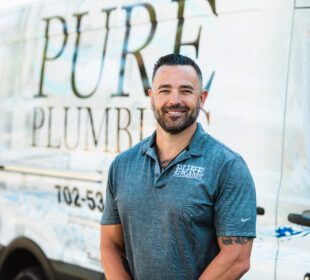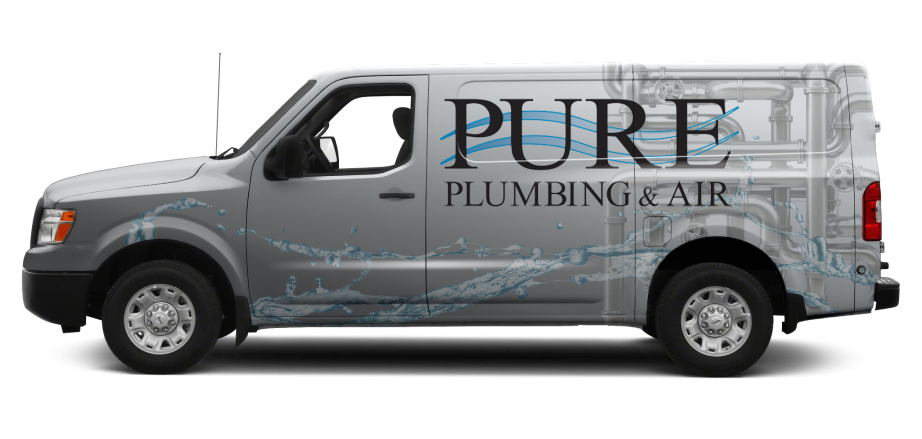Understanding the difference between water softener and water filter systems is crucial for ensuring the quality of water in your home. This blog aims to demystify the key differences and help you make an informed decision about which system suits your needs best. If you’re ready, let’s go over the characteristics of water softener vs. water filter systems in more detail below.
Understanding Water Softeners
In order to understand the differences between a water softener vs. water filter system, it’s important to know how both options work. A water softener primarily addresses hard water issues. Hard water contains high levels of calcium and magnesium minerals, which can lead to scale buildup on plumbing fixtures and appliances.
A water softener works by exchanging these hard minerals, like calcium and magnesium, with sodium ions. This process, known as ion exchange, effectively reduces water hardness, leading to softer skin, cleaner dishes, and extended appliance life.
How Water Filters Work
Water filtration systems, on the other hand, focus on removing contaminants from your drinking water. These systems can vary widely but often include a semi-permeable membrane or other filtration media to trap harmful contaminants, such as chlorine, lead, copper, arsenic, and perfluorooctanoic acid. The goal of a water filter is to provide clean, great-tasting water free from unpleasant taste and harmful substances.
Water Softener vs. Water Filter: Key Differences
The key difference between water softener and water filter systems lies in their primary function. Water softeners are designed to remove hard minerals like calcium and magnesium, which cause scale buildup. Water filters are engineered to remove a broader range of contaminants, including chlorine, lead, and other harmful substances.
Addressing Specific Water Quality Issues
Selecting between a water softener and a water filtration system depends on your specific water quality issues. If you’re dealing with hard water, characterized by scale buildup on appliances and irritated skin, a water softener is the best solution. If your concern is about contaminants affecting your family’s health, a water filter is more appropriate.
Combining Both Systems
For comprehensive water treatment, integrating both a water softener and a water filter can address hard water and remove contaminants. This combination ensures not only the prevention of scale buildup but also provides cleaner, safer drinking water.
Health and Lifestyle Benefits
Using either water softeners or water filters can have significant benefits for your health and lifestyle. Softened water can lead to softer skin and less irritated skin, while filtered water removes harmful contaminants, ensuring better water for drinking and cooking.
Impact on Household Appliances
Water softeners play a crucial role in extending the life of household appliances by preventing mineral deposits and scale buildup. Conversely, water filters protect appliances by ensuring that water flowing through them is free of corrosive or clogging substances like chlorine and lead.
Contact Our Water Treatment Experts Today!
When considering a water softener vs. water filter system, it’s important to understand your home’s specific needs. At Pure Plumbing & Air, we understand the importance of water quality in your home. Our team of experts can help you decide whether a water softener, water filter, or a combination of both is right for you.
Don’t let hard water or contaminated water compromise your family’s health and the longevity of your appliances. Now that you know the difference between water softener and water filter systems, turn to our experts to learn more about our water filter and water softener systems in Las Vegas, NV, and the surrounding areas!
Take the first step towards better water quality in your home with Pure Plumbing & Air. Contact us today to schedule your Las Vegas plumbing services!

